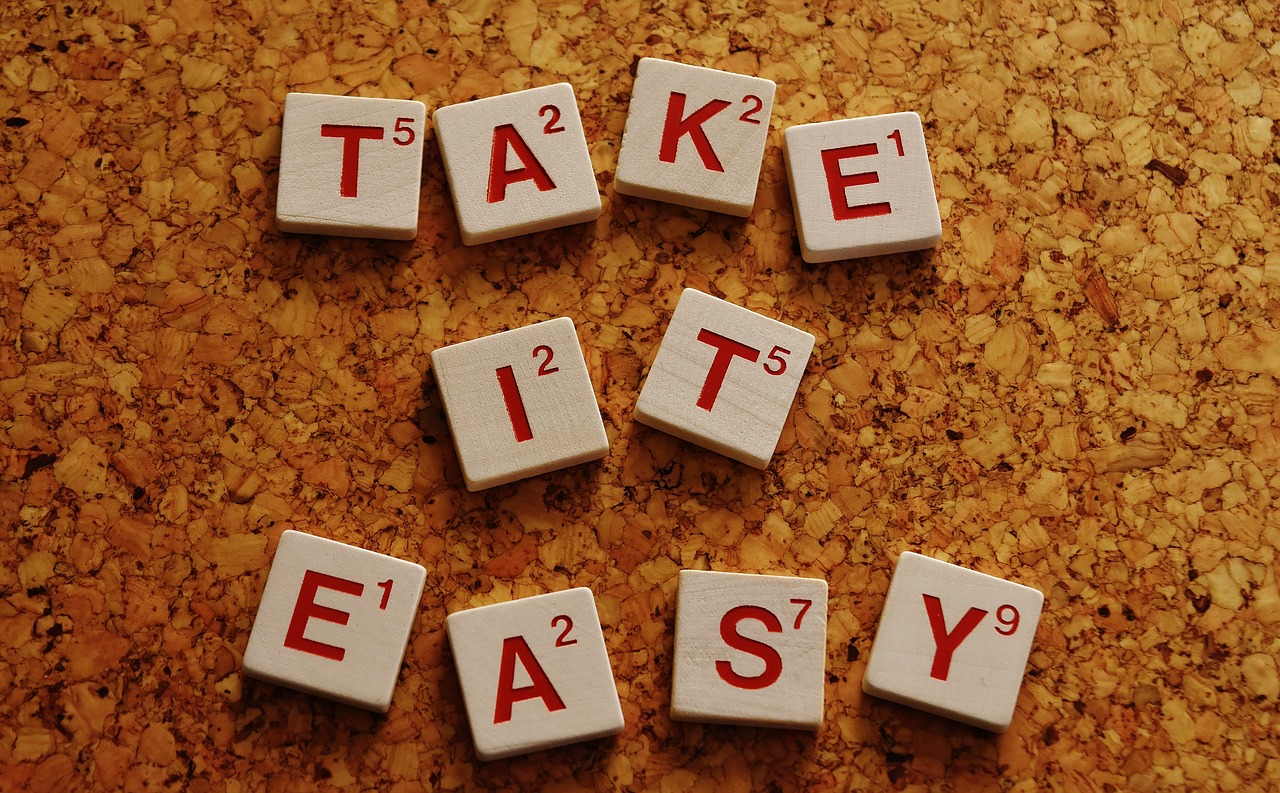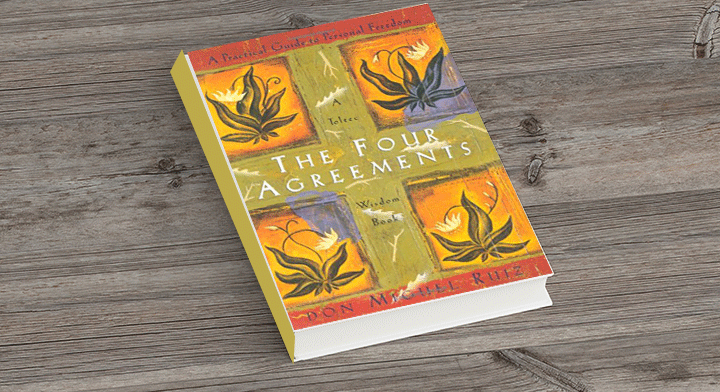A Review of the Best Books on Mindfulness

I have reviewed the best books (per my humble opinion) on mindfulness. Mindfulness is an ancient practice that has come into vogue in recent years in the field of psychology. That’s not to say that mindfulness is a passing trend. Study after study had demonstrated the benefits of mindfulness for improving the symptoms of many mental health conditions, in addition to generally improving one’s quality of life.
Some of the conditions mindfulness can help are: depression, anxiety, borderline personality disorder, and substance abuse disorders. This is not a comprehensive list, though.
Mindfulness is the practice of being present in the moment, of keeping our mind from wandering to negative thoughts and worries. Mindfulness allow us to fully appreciate the moment through experiencing the here and now.

In addition to mental health benefits, mindfulness has proven to improve certain health conditions such as heart disease, insomnia, blood pressure, chronic pain, and gastrointestinal issues.
A Book That Takes Its Time: An Unhurried Adventure in Creative Mindfulness (Flow)
The beautiful cover of this Flow publication reflects the wonderful material inside. Designed as an interactive journal, A Book That Takes Its Time provides activities that are artful and imaginative.
A Book That Takes Its Time engages the reader by providing fun activities and creative ideas for incorporating mindfulness into your daily life. That’s not to say the content or layout is juvenile. The thought-provoking text is inspirational and motivating. You will be pleasantly surprised by the little extras you discover along your journey through this book. It’s chock-full of arts and crafts, postcards, and other goodies.
A Book that Takes Its Time would be an excellent gift for someone in your life that could benefit from slowing down and taking time to “smell the roses”. I recommend really savoring the material and immersing yourself in this book, rather than rushing to get through it. (That is the whole point of mindfulness, after all!)
Mindfulness: An Eight-Week Plan for Finding Peace in a Frantic World
Written by Oxford professor Mark Williams, Mindfulness: An Eight-Week Plan for Finding Peace in a Frantic World is a practical and effective choice for someone who is looking for a program to follow. Its structured plan helps even the most scattered person slow down and enjoy being in the moment. It is broken down into digestible steps so that your progress is slow and steady.
There’s a reason for its structured format. The material is based on Mindfulness-Based Cognitive Therapy (MBCT), which is a form of psychotherapy that uses the concept and practice of mindfulness to change negative thoughts. MBCT, developed by Williams and his colleagues, has been shown to decrease anxiety and to alleviate symptoms of depression.
This 8 week plan is full of helpful tips to keep you on track with your commitment to become more mindful in your daily life. It is geared for beginners, so if you already have some experience with meditation and mindfulness, you will likely be disappointed.
While the information is educational and inspiring, Mindfulness: An Eight-Week Plan for Finding Peace in a Frantic World may not be the best choice for the person who doesn’t care for a structured approach, as it is set up to follow activities on a planned schedule.
10-Minute Mindfulness: 71 Habits for Living in the Present Moment
Authors S.J. Scott and Barrie Davenport bring you this little gem, which is packed with simple activities you can implement throughout the day. The authors challenge the reader to take a mere 10 minutes per day, as a start toward living a more mindful lifestyle. They argue that anyone with a hurried lifestyle can sacrifice 10 minutes to slow down and practice these quick habits.
Don’t get overwhelmed by trying to implement all of their recommendations. Feel them out. See if they work for you. With 71 “habits”, there are plenty to choose from. The activities inside 10-Minute Mindfulness don’t take much effort and can be used where ever you find yourself.
This book is definitely geared toward the person who has little experience with meditation or mindfulness. Written in straightforward language, the book is well-organized and flows. You won’t find yourself stumbling over complicated terminology or theoretical jargon. Most of the material is action-oriented. References are provided, though, if you are interested in furthering your understanding of mindfulness-related subjects.
Mindfulness in Plain English
Mindfulness in Plain English is written by master Bhante Gunaratana. His witty and engaging writing style makes this a pleasurable, as well as easy read. The book flows and offers straightforward guidance to apply mindfulness into your life. The author avoids jargon which could detract from his message.
The core subject of Mindfulness in Plain English is the practice of using your breath to arrive at a place of insightful meditation. Based in the principles of Vipassanā-meditation, which focuses on sati (mindfulness) and samatha (calm), this book reviews the practice of mindfulness via breathing activities. It encourages the practitioner to observe mental and physical (bodily) changes, in order to to gain insight into the nature of reality.
In comparison to the other books I have reviewed, Mindfulness in Plain English, provides a good background on different types of Buddhism. It isn’t simply a book of mindfulness techniques.
A Mindfulness-Based Stress Reduction Workbook
Let me start by saying I love workbooks! So keep that in mind- I’m a little biased here. I like the practical aspect of a workbook where you can journal your thoughts and go back to look at how much progress you’ve made. This book is available on Kindle, but I prefer the paperback, so that you can complete the activities and writings in one place.
A Mindfulness-Based Stress Reduction Workbook from the New Harbinger book series does give some background on mindfulness theory- what it is an how it works, but primarily it offers action-oriented participation which requires some effort on the reader’s part if they are to benefit.
This inspirational workbook that is direct in its communication to the reader and avoids complex terminology. In other words, it provides exactly what you need to take action, without a bunch of fluff. While the information is simple, don’t let that fool you. In order to benefit from the material, you will need to put in some energy and dedication to the practices.
The author of A Mindfulness-Based Stress Reduction Workbook has been teaching mindfulness for years, and it shows through his writing. It’s obvious from the activities he has developed, that he has a wealth of experience teaching others mindfulness skills.
A Mindfulness-Based Stress Reduction Workbook includes a companion mp3 disk.
While the practice of mindfulness comes from Eastern tradition, modern science supports the claim that it is effective in reducing symptoms of daily stress.
I hope you enjoyed the book reviews and that they may help you discover the right support material for you as you journey toward personal growth and well-being.
TheMentalHealthBlog.com is a participant in the Amazon Services LLC Associates Program, an affiliate advertising program. TheMentalHealthBlog.com earns fees from products sold through qualifying purchases by linking to Amazon.com. Amazon offers a commission on products sold through their affiliate links.




